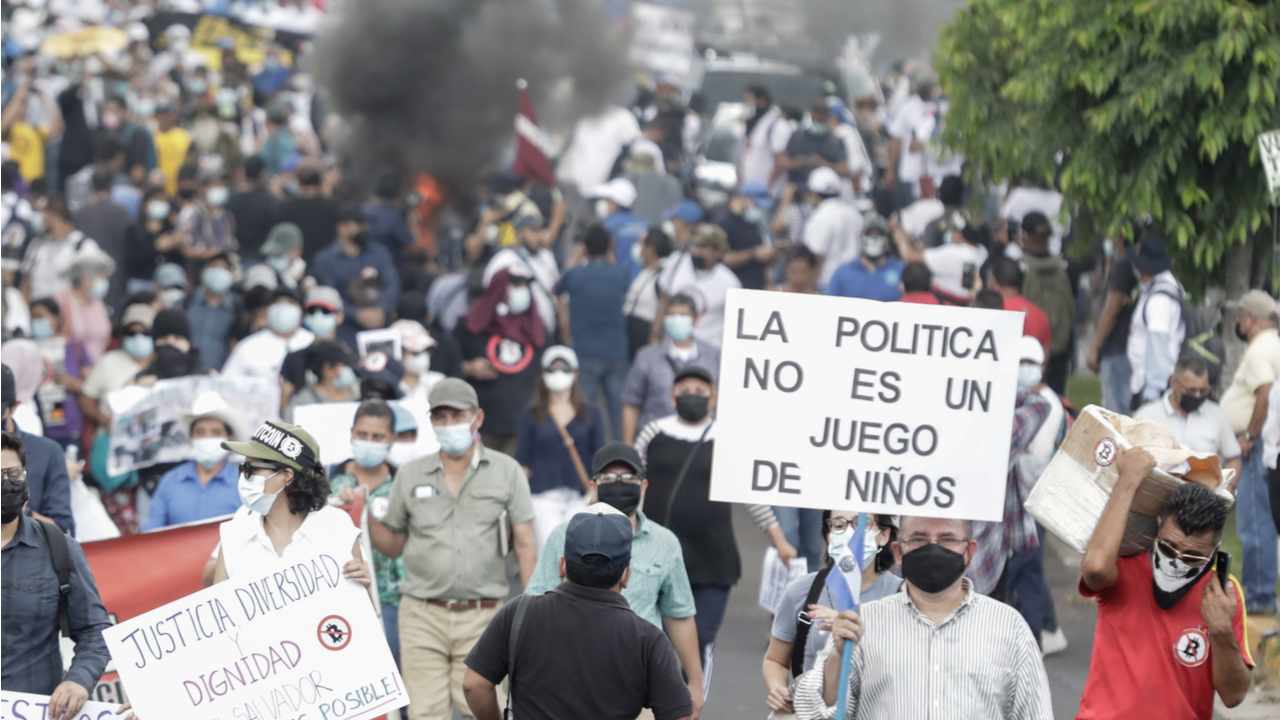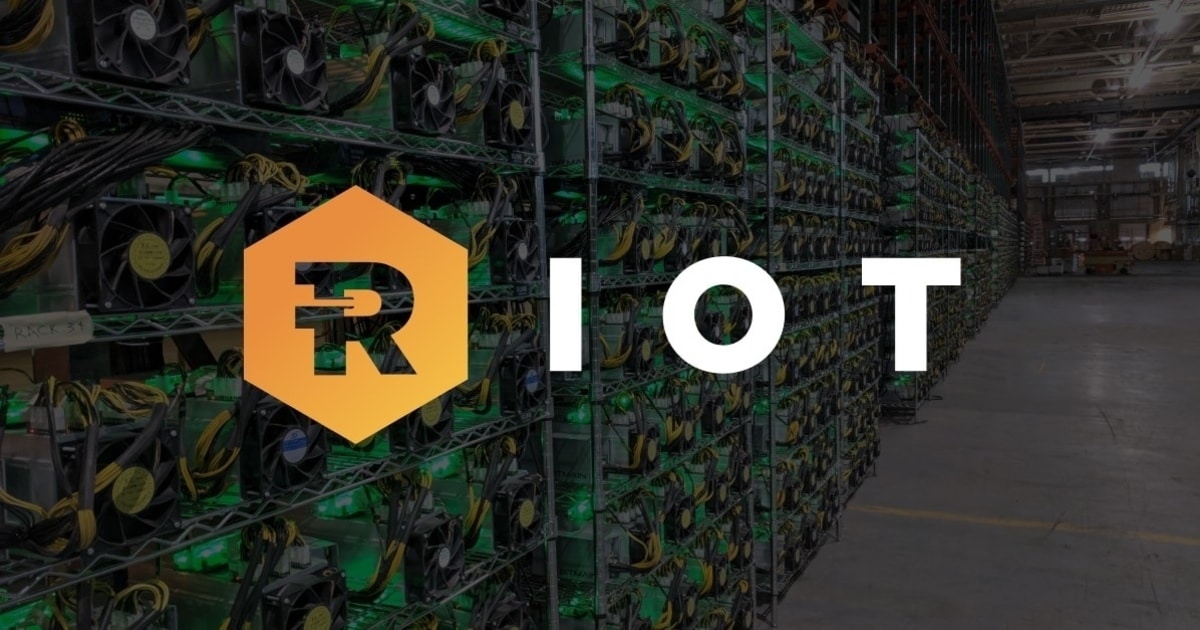A Rocky Start for Bukele’s Bitcoin Law — El Salvador After Adoption

The adoption of bitcoin as legal tender in El Salvador has been one of the biggest events in the cryptocurrency world this year. However, Nayib Bukele, president of the country, has taken a course of action many consider mistaken. In any case, the Bitcoin Law has put Bitcoin in the global spotlight as a potential engine for financial change in the Central American country.
Bukele’s Bitcoin Law Barges In
When President Nayib Bukele announced he would push to approve a law declaring bitcoin legal tender in El Salvador, he might not have expected to set in motion all of the events that have happened as a consequence of that decision. Be it for people that approve of this decision, or citizens that are not comfortable with it (most Salvadorans, according to some polls), bitcoin has become a part of the political panorama in the country. As such, it is being harnessed by political agents as a very important part of Bukele’s mandate.
The irruption of bitcoin, a totally external element, into Salvadoran politics, has caused a shift that might not be completely favorable to the government after all. Bukele, who was often hailed as an outsider, elected as a result of the anger that citizens had for career politicians, had succeeded in maintaining this support due to his actions against criminal actors. Often, protests against him were small events, only gathering dozens of people.
But bitcoin and other happenings changed this, powering rallies against the government with massive attendance. On September 15, the biggest protest against Bukele’s government brought together thousands of people, marking a clear departure from the little demonstrations of discontent he had faced thus far. This is unlikely to affect his government in the short term, as polls suggest he still has an 80% approval rating, but it does make a dent in his record as the people’s leader.
Not Completely Adopted Yet
While everyone saw the pictures of fast food chains accepting bitcoin as payment, the truth is that bitcoin is still far from being accepted universally in the country. And the government is in part responsible for this. A citizen has reported on the inability to pay for a government-related certificate with bitcoin, something that supposedly is very common in some areas.
According to some reports, this scene is playing out frequently in regard to other government functions where the law has still not been adopted, and people cannot pay with bitcoin.
Lines and lines in every Chivo ATM of people selling their bitcoins for USD. Yeah, but Bitcoin was a sucess in El Salvador #Bitcoin #ElSalvador @Bitcoinbeach pic.twitter.com/JJ3B3qYSFm
— Florence S. Olivares (@laflorenceo) September 23, 2021
Long Lines to Exchange Bitcoin for USD
Salvadorans also don’t seem to be much enthusiastic about bitcoin adoption in the country. There have been reports of long lines of people withdrawing the $30 dollars in BTC that were given by the administration to each citizen. And while the government had announced this wouldn’t be possible, Salvadorans found a way of doing it.
Residents of the country discovered that sending these funds to another wallet seems to unlock the $30 for withdrawal, without having to spend it via the state-created Chivo wallet as bitcoin. This is reportedly the cause of the long lines to withdraw fiat dollars at several Chivo wallet cashiers in the country. According to some reports, the mass of Salvadorans still don’t understand what bitcoin is or its use cases, and in this regard, the government has a big job in educating its citizens about the true value of bitcoin.
What do you think about the state of El Salvador after declaring bitcoin legal tender? Tell us in the comments section below.



